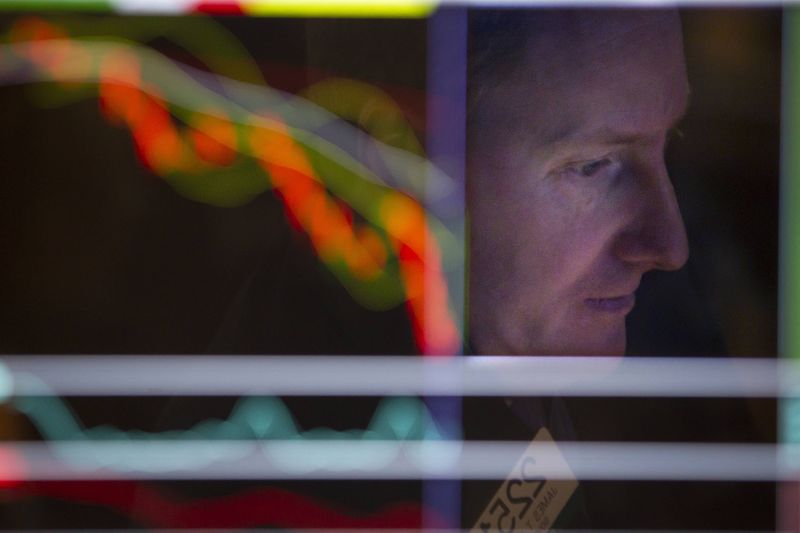Ionic Rare Earths Ltd (ASX:IXR, OTC:IXRRF) has achieved continued production of magnet rare earth oxides (REO) at its technical magnet recycling demonstration plant in Belfast, United Kingdom, producing 11.5 kilograms of didymium (neodymium-praseodymium) oxide at a grade of 99.8%.
The company is now ramping up production at the demonstration plant to nameplate capacity, aiming to produce about 10 tonnes of REO per year.
This continuous production milestone is an important one for Ionic, as it demonstrates the company’s capabilities in line with the UK Government-supported demonstrator program, in collaboration with Ford Motor Company (NYSE:F) and Less Common Metals, and supports the completion of a feasibility study for the planned commercial plant in Belfast.
Commercialisation of recycling tech
“Our Belfast facility is key to us harnessing our technology to accelerate our mining, refining and recycling of magnets and heavy rare earths which are critical for the energy transition, advanced manufacturing and defence,” Ionic Rare Earths managing director Tim Harrison said.
“The commercialisation of our recycling technology is moving rapidly and the board of IonicRE is pleased to announce that demonstration-scale production of neodymium-praseodymium oxides have commenced.
“It is an important milestone, which exhibits our readiness to supply recycled magnet REOs into the market.
“Our supply chain partners have expressed significant interest in procuring REOs from secondary sources and with this milestone, we are confident in delivering a full schedule of magnet recycling campaigns through to mid-2025.”
The company says it holds a “first mover” advantage in the recycled rare earth space – IXR’s most recent success at the demonstration plant also offers opportunities for global commercialisation, with several discussions underway with potential for a full operational plan for the demonstration plant through to mid-2025.
Global demand for critical minerals
Ionic expects the Belfast facility to receive a steady supply of magnets to be recycled, including swarf from existing manufactures of metals alloys and magnets, plus end-of-life turbines from grid-scale wind farms, and magnets and components from used electric vehicles (EVs) and other industries.
“Demand for material of recycled origin is accelerating to align with global policy priorities and off-taker objectives in order to enter these markets,” Harrison pointed out.
“This is being driven by global policy such as the European Union Critical Raw Materials Act and the US Inflation Reduction Act.
“IonicRE aims to progress the technology with the deployment of modular recycling initiatives in western markets looking to develop domestic, secure and sustainable supply chains to address strategic supply and sovereign security, placing IonicRE at the epicentre of rare earth element recycling.”
